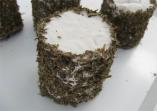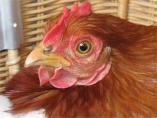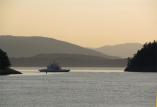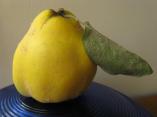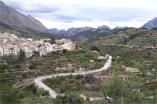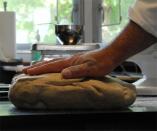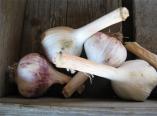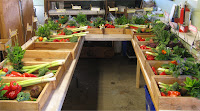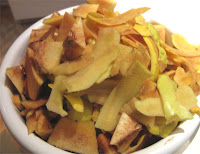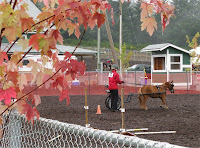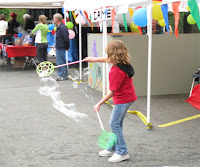Thanksgiving weekend has been and gone, but the sweet taste of harvest still lingers.
We enjoyed a thanksgiving salmon – grateful for the sockeye run this year – and baked it swiftly with garnishes of Black Krim tomato, sprigs of lovage, sliced ginger and lemon and a dollop of my brother’s white wine.
And it was good.
My neighbour passed a little acorn squash over the fence, and I found a trio of thanksgiving blackberries: tasting a bit Octoberish, but still, a glorious gift.
My carrots got a bit stunted but went well with the last of this fall’s epic yield of runner beans. Some organic beets and broccoli from Haliburton, salad of my cucumbers – still producing sweetly – and tomatoes,
a pie of local pumpkin,
and a few postprandial squares of quince paste rounded things out in a quasi-traditional manner.
The preserving marathon continues unabated. A salmon canning frenzy led me to divvy a whole salmon into ten luscious jars yesterday
while I was making quince & apple sauce and more quince jelly, which offset any fishy aromas that might have sullied my kitchen.
Things are wrapping up in gardens everywhere. At Haliburton Farm, the harvest was running full-tilt late last week, bringing lots of colour to the farm stand.
Some late raspberries
a giant turnip;
a couple of farmers bring it in from the fields.
Thanks to time, money, patience and the hard work of volunteers, the greenhouse that was destroyed on Easter weekend has finally been repaired and covered:
Tomorrow is the final vegetable basket of the year, with next year’s CSA program already oversubscribed:

